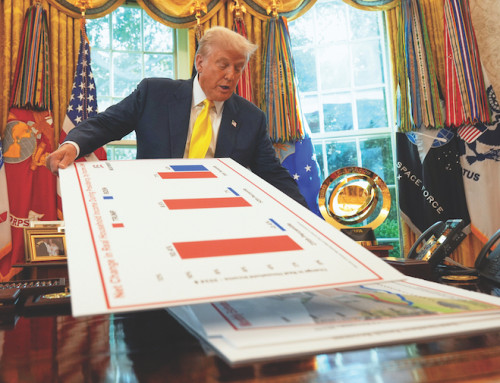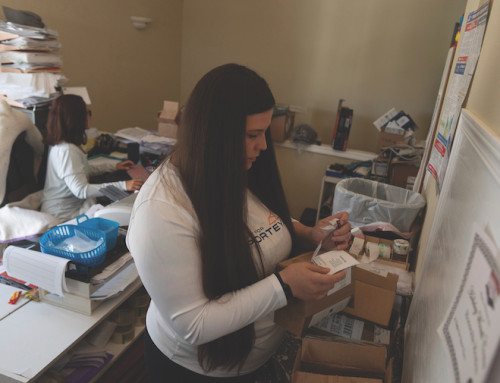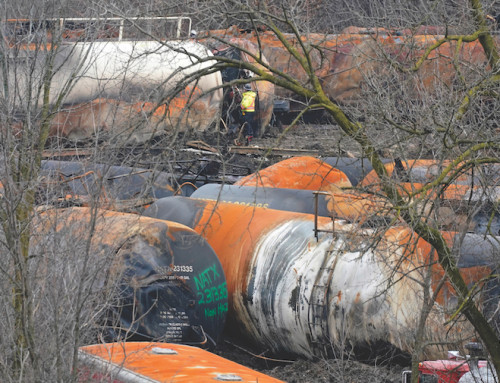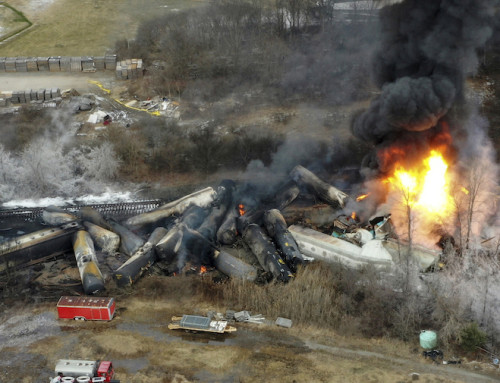OMAHA, Neb. (AP) — The nation’s production of crucial components in electric vehicles, smartphones and fighter jets is set to expand rapidly in the coming years, as the Trump administration intensifies efforts to build up the critical mineral industry in the United States to work to break the chokehold that China has on the global supply chain.
The federal government is pumping hundreds of millions of dollars into American companies, has made an agreement with one firm to set a minimum price for some U.S.-produced critical minerals, and has launched an investigation into foreign-made supplies.
“This is the Manhattan Project moment for rare earths,” said Joshua Ballard, CEO of USA Rare Earth, which plans next year to start making the rare-earth magnets that appear in many products.
The White House has made it a priority to revive the domestic critical minerals industry, which is proving urgent after Beijing leveraged its near-monopoly on the products to force the U.S. to the negotiating table during a trade war.
President Donald Trump said this week that China “intelligently went and they sort of took a monopoly of the world’s magnets,” but he expressed confidence in securing supplies because the U.S. has “much bigger and better cards.”
“We’re going to have a lot of magnets in a pretty short period of time. In fact, we’ll have so many, we won’t know what to do with them,” he said as he hosted South Korean President Lee Jae Myung.
Industry insiders, analysts and lawmakers have warned for years that America’s dependence on China for critical minerals — a list of 50 minerals that includes 17 sought-after rare-earth elements — is a national vulnerability.
The elements are needed in smartphones, wind turbines and robots as well as missiles, submarines and fighter jets.
“Our national and economic security are now acutely threatened by our reliance upon hostile foreign powers’ mineral production,” an executive order from Trump declared in March.
It was not until Beijing rolled out export restrictions on several rare earths in April — leading to a temporary halt of Ford’s electric vehicle production — that “the problem that for over a decade seemed far away hit close to home,” said Gracelin Baskaran, director of the Critical Minerals Security Program at the Center for Strategic and International Studies.








